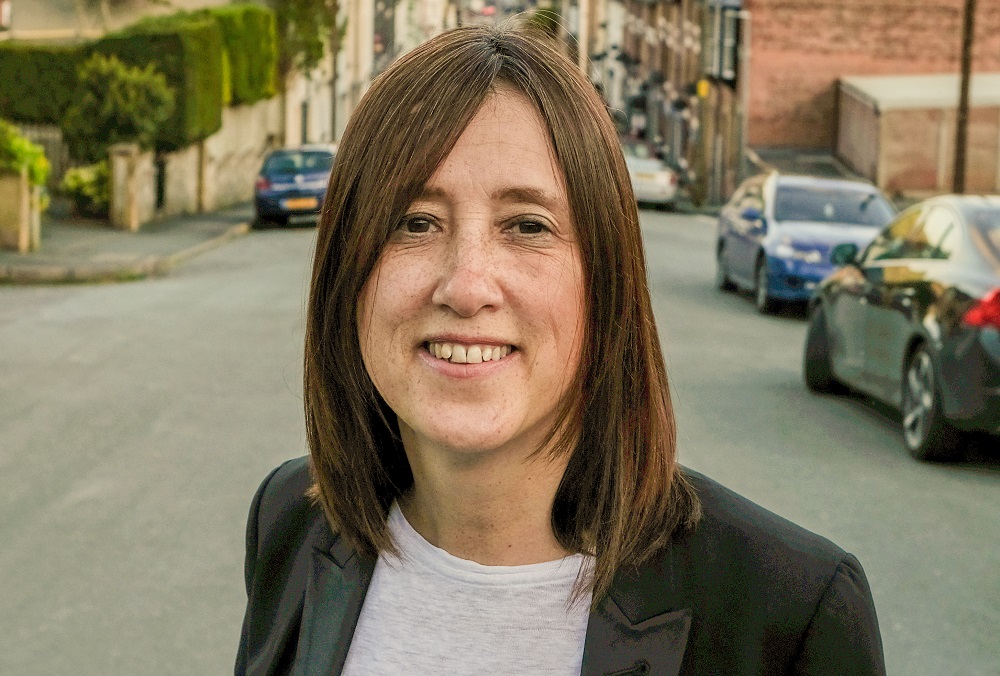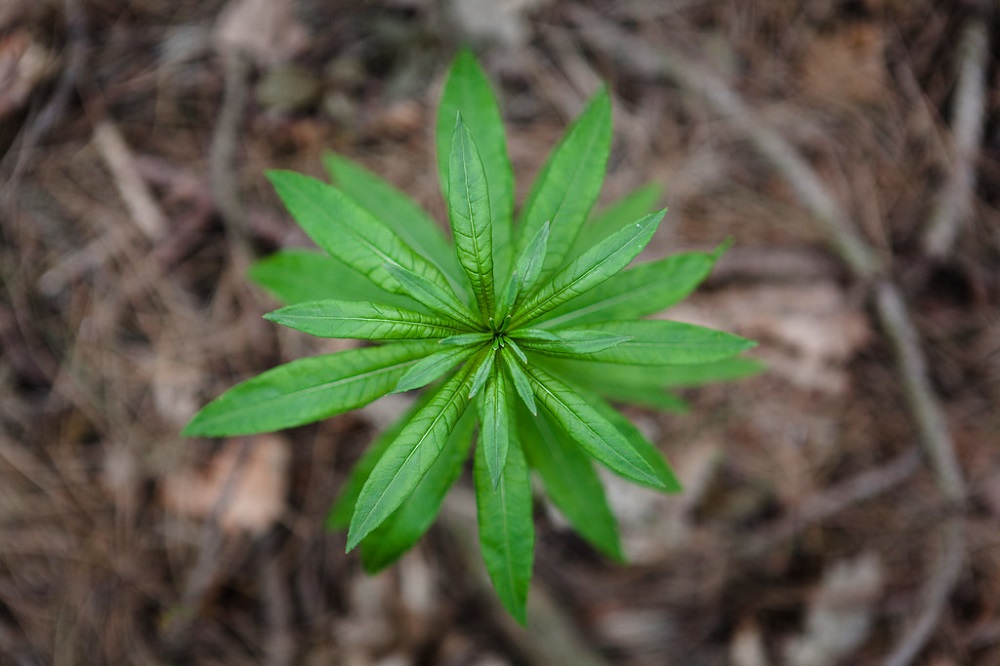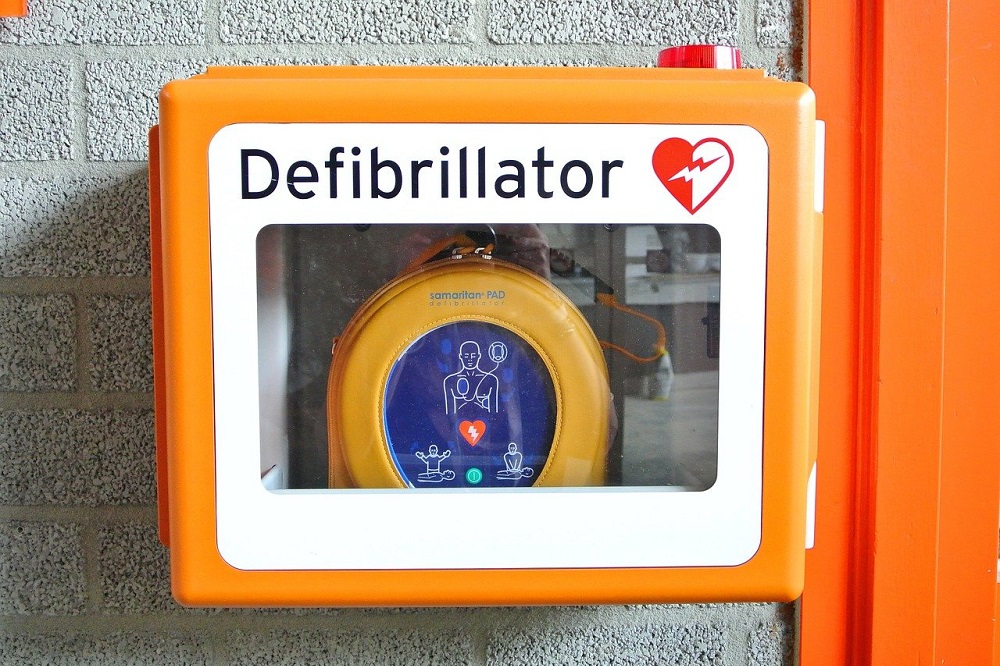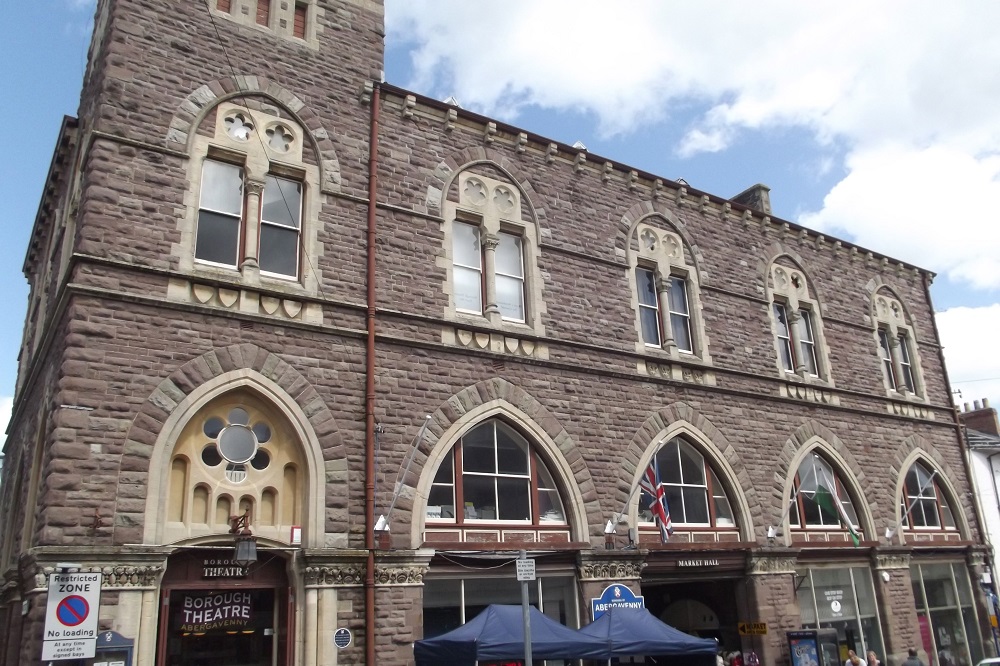News in brief: Lib Dems attack Welsh Government’s Covid pass proposals

The Welsh Liberal Democrats have criticised the introduction of Covid passes to attend “high-risk” public events in Wales.
First Minister Mark Drakeford confirmed that people will have to show an NHS Covid Pass to enter nightclubs and attend events in Wales from next month at this afternoon’s government press briefing detailing the latest changes to the Covid restrictions.
The Lib Dems described the introduction of passes as is an example of government overreach and said they could set a worrying precedent.
The party’s leader, Jane Dodds MS, also said that she will vote against the measures if it is brought to a vote in the Senedd.
Precedent
“I understand many people want to get back to a sense of normality, but vaccine passports are not the way to do this and we need to be careful about the precedent they set,” she said.
“They are medical ID cards in all but name and Welsh Liberal Democrats will lead the fight against their introduction.
“The introduction of the cards would mean that for the first time, you will be asked to provide your private medical data to a stranger to enjoy certain freedoms in our society, yet it won’t actually help reduce transmission rates.
“Vaccine passports are an infringement of our civil liberties, and they will disproportionately exclude black and ethnic minority communities who have, to date, been more hesitant than others to get vaccinated.
“Vaccines are certainly our way out of the pandemic, but vaccine passports are not.”
Following today’s announcement, Mr Drakeford rejected claims the new scheme is a vaccine passport and stressed that people can still gain entry to events if they have proof of a negative Covid test regardless of their vaccination status.
“They are clearly not vaccine passports,” he said. “You can get a pass without being vaccinated. It does avoid all those ethical issues about people who cannot be vaccinated.
“Those people can get the pass because they can get on through the testing regime.”

Wales records second highest Covid infection rate in UK
The latest infection survey published by the Office for National statistics confirms Covid infection rates have increased in Wales over the latest week covered.
Over the seven days ending 11 September, 49,100 people in Wales had Covid, 2,300 more than the previous week.
The ONS estimates one in 60 people were infected, 1.62% of the community population, compared with 1.54% the previous week and the second highest rate in the UK behind Scotland.
Infections in Scotland rose again, from 117,300 to 120,800 but the surge in cases in recent weeks appears to be slowing.
The percentage of community cases has risen from 2.23 to 2.29, 1 in 45 people, compared to the week ending 4 September.
The infection rate in England has declined from 1.38% to 1.28% since the previous study, 1 in 80 people, compared with 1 in 70 people and the rate in Northern Ireland is down from 1.74% to 1.36% – the equivalent of 1 in 60 people.
Meanwhile, Public Health Wales has confirmed eight further deaths due to Covid and 2,618 new positive tests for the virus in the last 24 hours.
Three of the newly reported deaths were in the Betsi Cadwaladr health board area and two were recorded in Cardiff and Vales.
Aneurin Bevan, Cwm Taf Morgannwg and Hywel Dda each recorded one further death each as the total number of people that have died in Wales since the start of the pandemic increased to 5,782.
Weekly case rates have fallen for the sixth day in a row, from 494.3 per 100,000 people to 487.6 since yesterday’s report and the positive test rate is also down – from 17.1% per 100,000 tests to 16.6%.
Neath Port Talbot has the highest rate in Wales at 730.6 up from 711 in yesterday’s bulletin

Farmers call for ‘the right incentives’ to help meet tree planting targets
NFU Cymru has warned woodland expansion must not infringe on farmers’ ability to produce food and has called for future tree planting programmes to be integrated into farming systems as part of its newly released tree planting strategy.
In recent weeks farmers have voiced concern at proposals for a major expansion of the Welsh Government’s tree planting programme, from 2000 hectares per year to 5000 ha/pa and the increasing number of private companies which are buying up farms in Wales and turning them into forests to offset their own or their clients carbon emissions.
The union’s ‘Growing Together’ strategy also calls for the development of a decision-making framework to guide tree planting decisions so long-term impacts can be properly assessed.
NFU Cymru President John Davies told Farming UK, farmers were “strongly resistant” to the planting of trees on prime farmland, and the loss of farms for complete afforestation was “highly emotive”
“With the right incentives, however, many farmers are enthusiastic about increasing tree cover at an appropriate scale on what they would identify as less productive areas of the farm,” he added.
“Future schemes should reward farmers to plant hedges, shelterbelts, gullies and field corners; allow farmers to establish woodland at field scale on land they identify as of low agricultural and habitat value and provide an economic return to farmers.”
The Growing Together strategy also calls for more support to develop the supply of home-grown saplings in Wales and says tenancy reform is needed to allow tenants to benefit from tree planting at an appropriate scale.

Minister confirms £500,000 fund to improve access to defibrillators
Health Minister Eluned Morgan has announced the government is to make an additional £500,000 available to improve community access to defibrillators across Wales.
There are currently 5,423 public access defibrillators registered with Welsh Ambulance Service Trust and the Circuit (the national defibrillator network), whilst every year in Wales around 6,000 people suffer sudden cardiac arrest.
“Survival rates for cardiac arrests outside of a hospital setting are low in Wales, but there is the potential for many more lives to be save,” the minister said.
“Not only do we need a comprehensive network of defibrillators, but also to ensure that members of the public are equipped with the skills and the confidence to use them, as well as CPR skills in the event a defibrillator is not available.
“Every second counts when someone goes into cardiac arrest. We can all help raise awareness of the importance of early CPR and defibrillation.”
Responding to the announcement, the Welsh Conservatives welcomed the extra investment but complained the amount being made available was insufficient.
“I am fearful that £500,000 is just a drop in the ocean and simply isn’t enough to bring about meaningful change,” Welsh Conservative Shadow Minister for Sport, Tom Giffard MS, said.
“Saving lives should be the number one priority for politicians of all colours, and improving access to defibrillators, and installing more of them, is key to that because the more defibs we have, the more lives we can save.”

Funding options examined after theatre costs soar
Saul Cooke-Black, local democracy reporter
Town councillors will consider the ‘implications’ of funding a shortfall to refurbish Abergavenny’s Borough Theatre after costs increased to more than £1-million.
Monmouthshire County Council, which owns the theatre, has requested an ongoing contribution of £20,000 per year for an initial period of five years from Abergavenny Town Council towards the costs.
The refurbishment includes replacing old seating, updating the heating and cooling system, improving the foyer, increasing the number of toilets, moving the box office and refreshing the backstage area and dressing rooms.
But costs have increased to more than £1 million, from an initial estimate of £400,000, leaving the county council facing a shortfall of £278,943 to carry out the refurbishment.
It has requested support from the town council, which has already contributed £50,000 towards the refurbishment costs to date.
At a meeting on Wednesday, town councillors voiced concern the requested contribution would ‘burden’ future administrations.
Cllr Tony Konieczny said the town council would consider the request, but he said it was “a big ask” given its own “limited resources”.
“It’s going to have a big impact on our budget and ultimately paying for this will come from the public,” he said.
Cllr Nick Tatam said the town council is already “heavily committed”.
“We have committed a staggering amount of our precept to propping up the county council already,” he said.
“I think committing future councils to five years of this is just not on.”
Cllr Maggie Harris said the financial implications would need to be reviewed.
“I do not think we can burden a future council with paying £20,000 per year,” she said.
“It’s very important to support it but we must know what we are doing.
“I would be hopeful there is money but I do not think we can guarantee there is.”
Cllr Tudor Thomas, mayor of the town council, said there was “a big desire” to help, but that councillors have to be “clear that we are in a position to afford” the contribution.
“I honestly do not think the town council can afford to help them in any way with a capital investment,” he said.
“We are just not a big enough authority. We have not got the precept.
“This is a tough discussion because at the heart of it we do really want to help them, but we have got to look at our finances.”
A motion, put forward by Cllr Konieczny, to discuss “the implications of servicing this request” at a future policy and resources committee meeting was unanimously supported by town councillors.
Support our Nation today
For the price of a cup of coffee a month you can help us create an independent, not-for-profit, national news service for the people of Wales, by the people of Wales.





